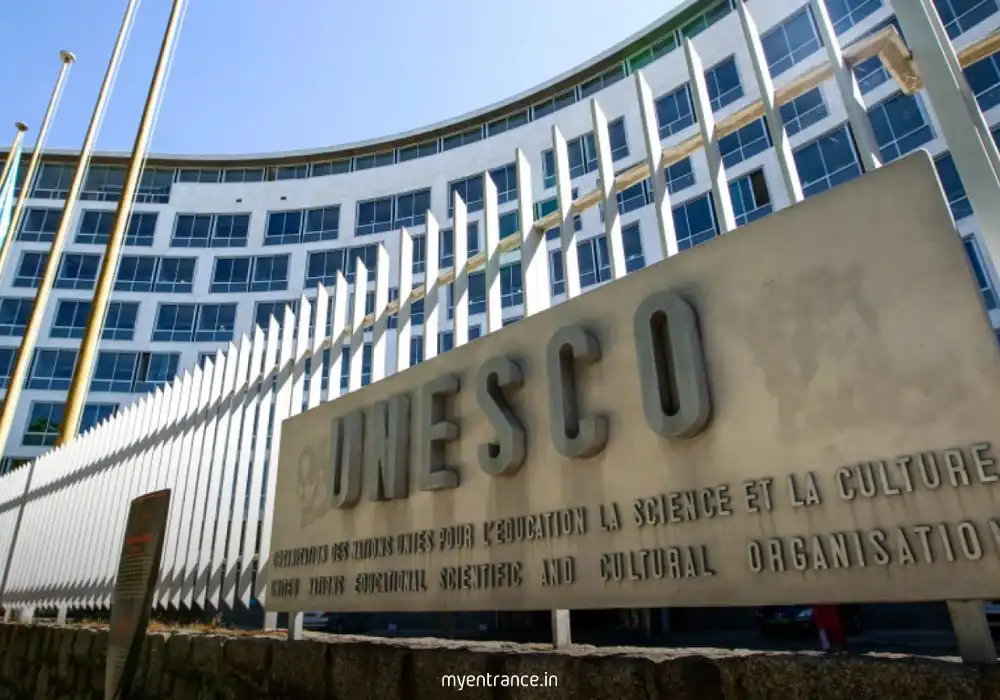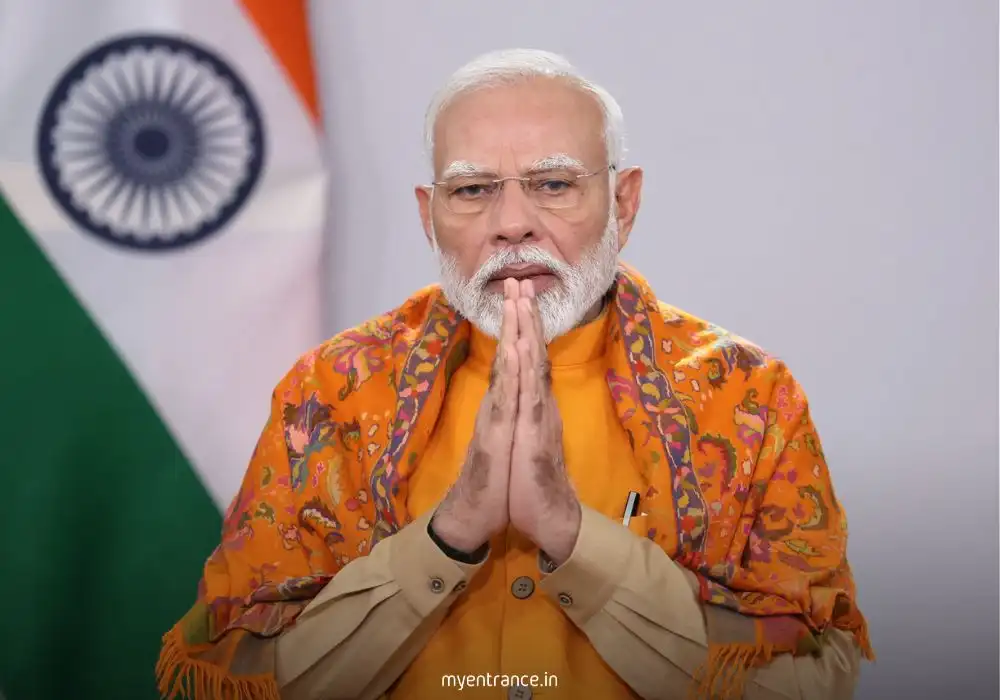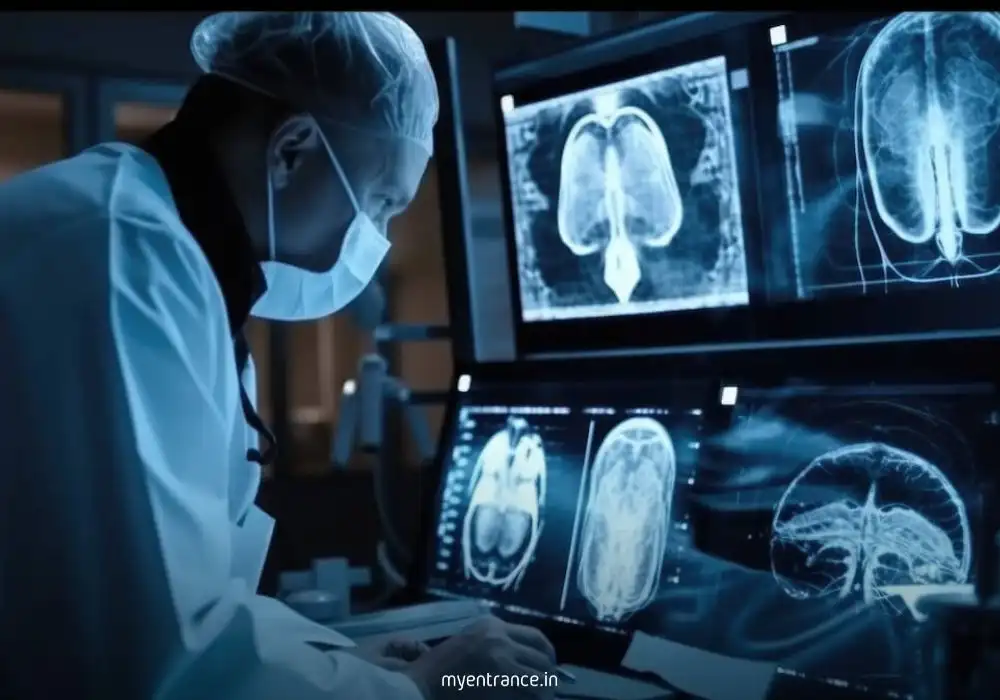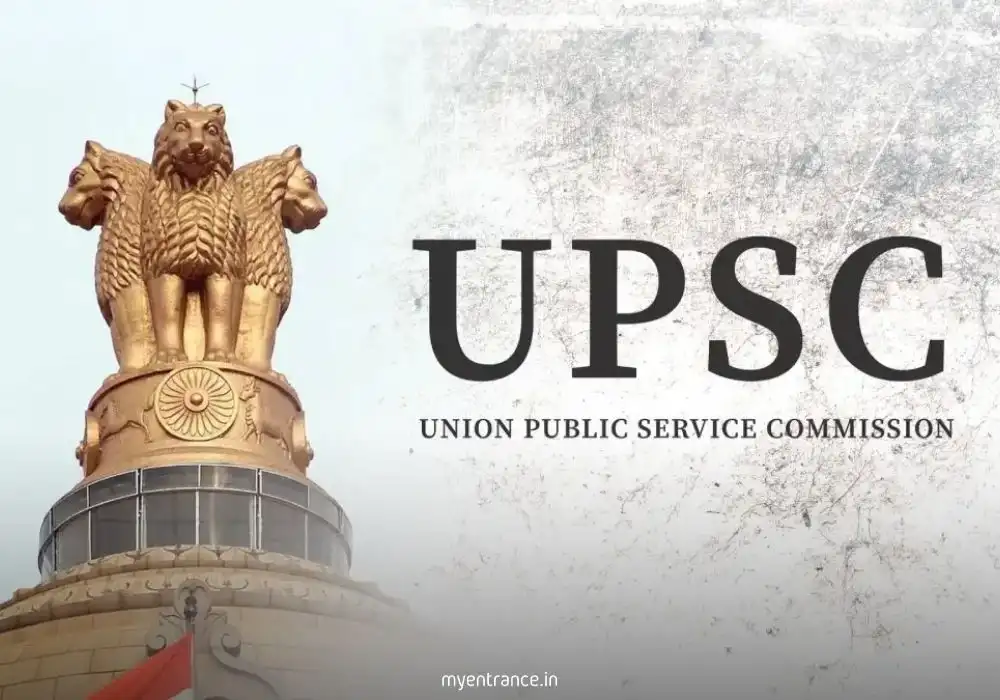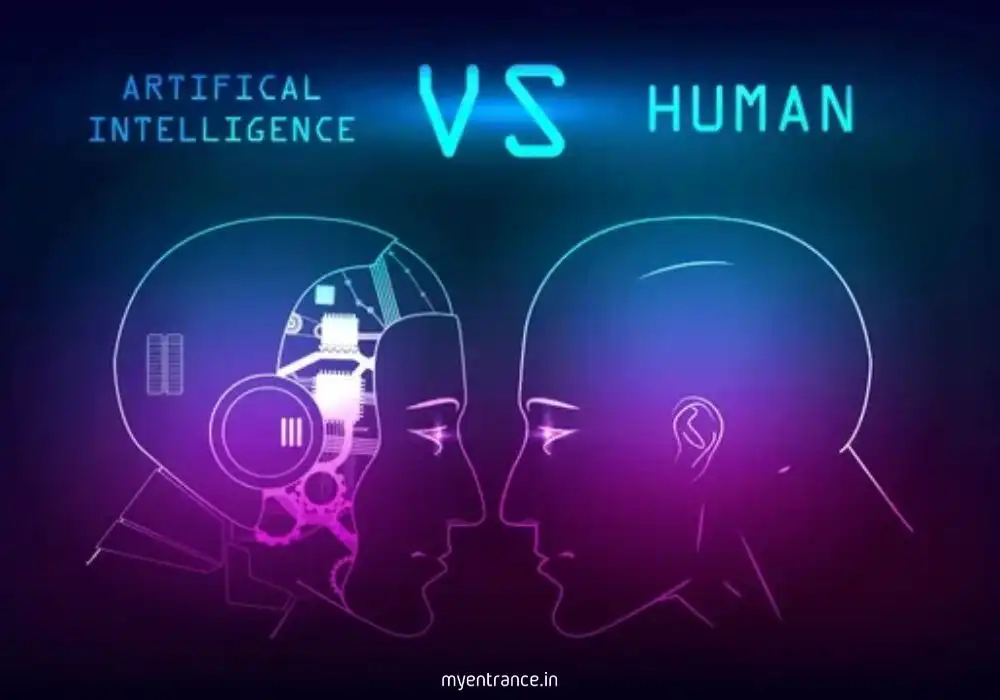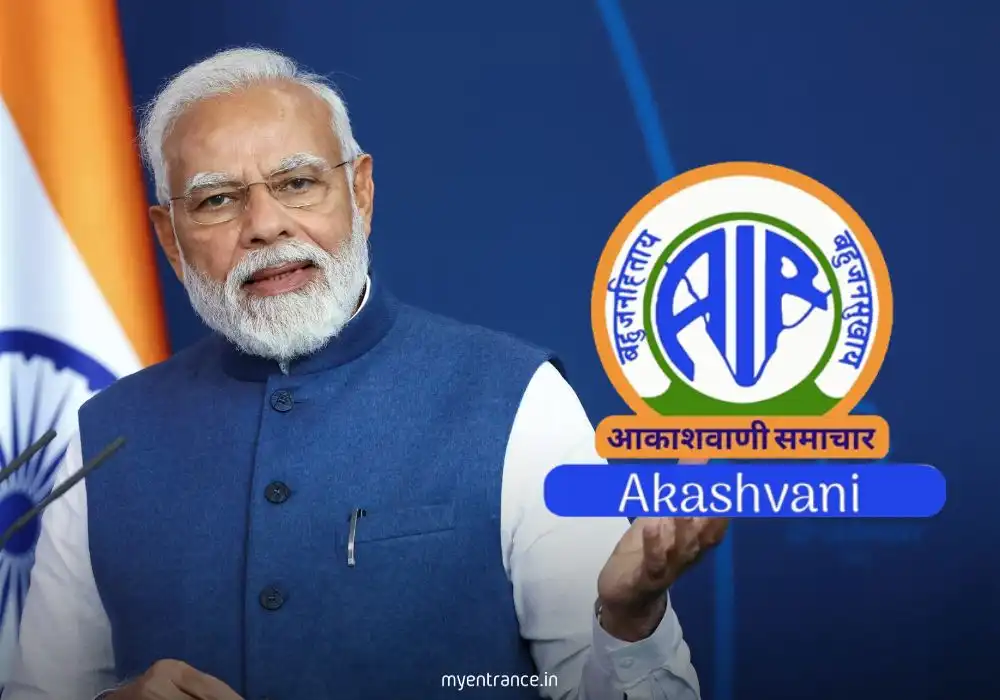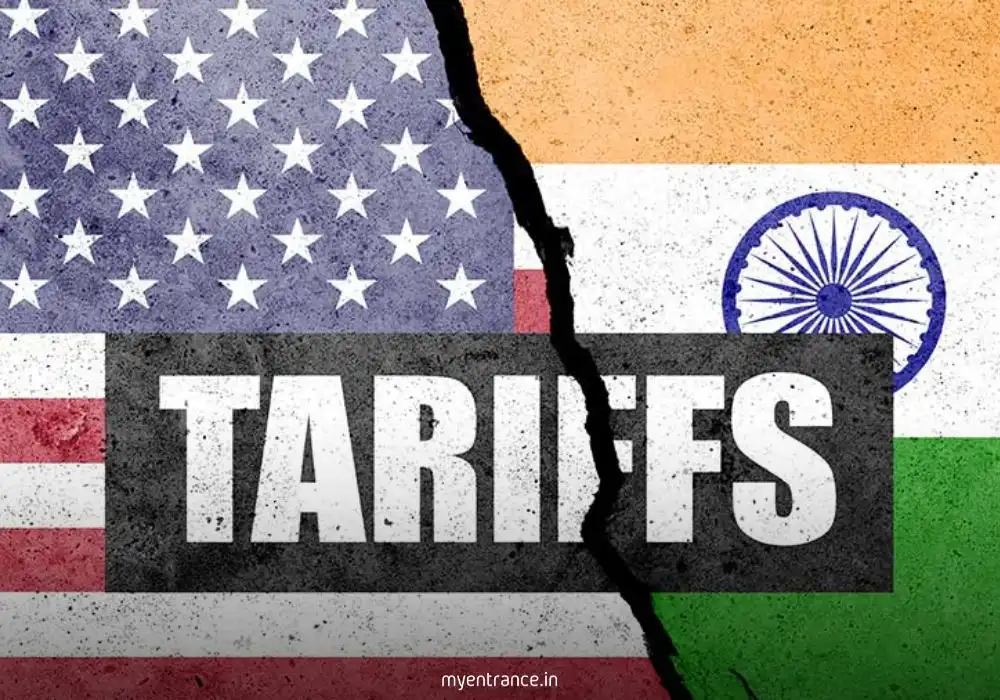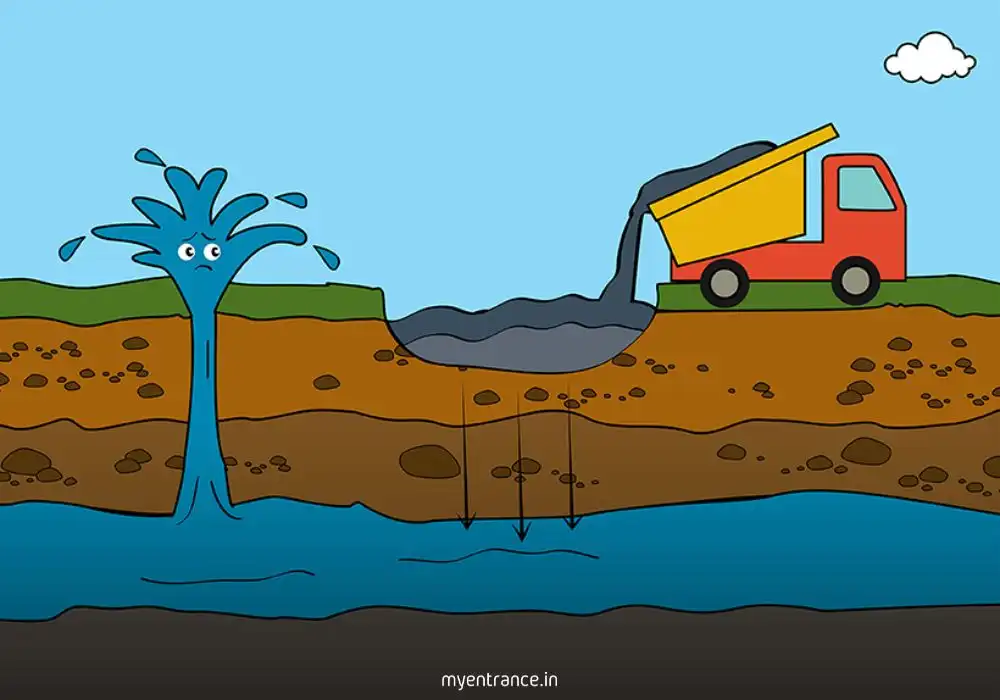Translate Language
Remembering Jim Lovell: The Legendary NASA Astronaut Behind Apollo 13’s “Successful Failure”
The world of space exploration mourns the loss of a true pioneer—Jim Lovell, the legendary NASA astronaut who led the perilous Apollo 13 mission, passed away on August 7 in Lake Forest, Illinois, at the age of 97. Known for his unshakable optimism and heroic leadership, Lovell’s contributions to human spaceflight remain unparalleled. From his early days in the “New Nine” astronaut class to becoming the first person to fly four space missions, his legacy continues to inspire future generations.
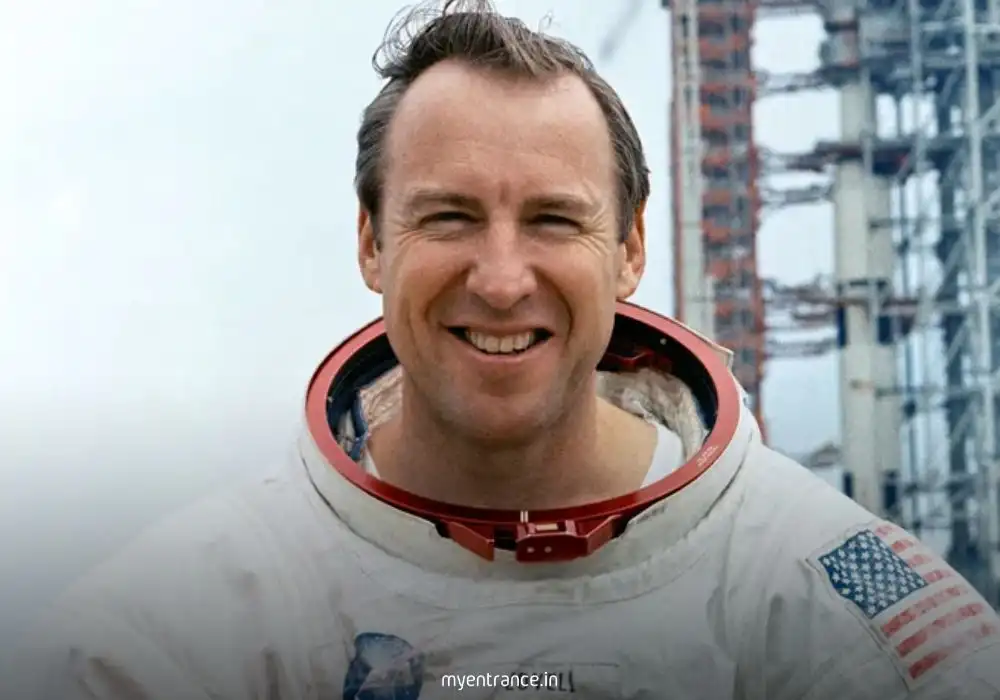
Jim Lovell: A Stellar Career in Space Exploration
Early Missions & Rise to Fame
Before commanding Apollo 13, Lovell was already a seasoned astronaut with multiple groundbreaking missions under his belt:
Gemini 7 (1965): Set a then-record for the longest manned spaceflight (14 days).
Gemini 12 (1966): Demonstrated critical spacewalking techniques essential for future moon landings.
Apollo 8 (1968): Became the first mission to orbit the Moon, paving the way for lunar landings.
ALSO READ: Why NASA is Setting Up Wi-Fi on the Moon for Artemis Missions
Apollo 13: The “Successful Failure”
The Apollo 13 mission (1970) was supposed to be NASA’s third moon landing, but disaster struck when an oxygen tank exploded, crippling the spacecraft. Lovell’s famous transmission—”Houston, we’ve had a problem”—marked the beginning of one of the most dramatic rescue missions in history.
ALSO READ: NASA Detects Strange Signals from a “Super Earth” – What Does It Mean?
Key Moments of the Crisis:
The crew had to improvise solutions with limited power and oxygen.
They used the Moon’s gravity to slingshot back to Earth, a maneuver that saved their lives.
After three tense days, the spacecraft safely splashed down in the South Pacific Ocean.
Despite not landing on the Moon, Apollo 13 became a “successful failure”—showcasing NASA’s ability to overcome extreme adversity.
Tributes & Legacy
Following his death, tributes poured in from across the space community:
NASA Acting Administrator Sean Duffy praised Lovell’s “calm strength under pressure” as key to Apollo 13’s survival.
Buzz Aldrin, the second man on the Moon, called Lovell “one of my best friends” and honored his contributions to space exploration.
ALSO READ: How Can You Join NASA? A Step-by-Step Guide for Aspiring Space Professionals
Awards & Later Contributions
Presidential Medal of Freedom (1970) for his role in Apollo 13.
Deputy Director of NASA’s Johnson Space Center post-retirement.
Congressional Space Medal of Honor (1995) awarded by President Bill Clinton.
US Astronaut Hall of Fame (1993) inductee.
Lovell also played a crucial role in securing astronauts’ rights over mission artifacts, leading to a 2012 law granting them ownership of collected items.
Why Jim Lovell’s Legacy Matters for Aspirants
For students preparing for competitive exams like UPSC, SSC, PSC, or defense services, Lovell’s story is a case study in leadership, crisis management, and perseverance. His contributions to space science remain a vital part of modern history and general knowledge sections in exams.
Stay updated with MyEntrance.in for more current affairs, daily quizzes, and mock tests tailored for your exam preparation!
Get 3 Months Free Access for SSC, PSC, NIFT & NID
Boost your exam prep!
Use offer code WELCOME28 to get 3 months free subscription. Start preparing today!
